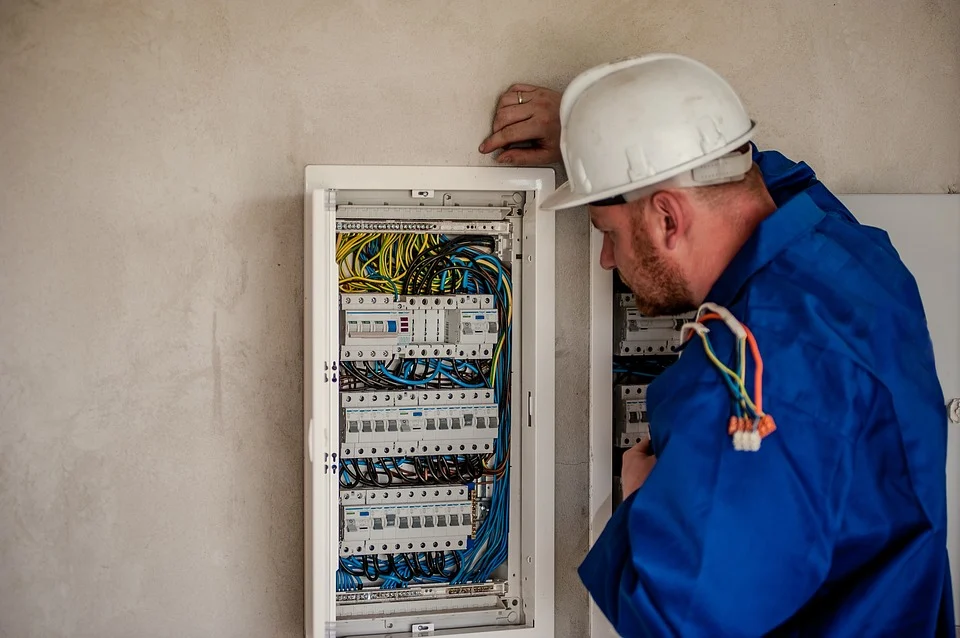
According to the US Bureau of Labor Statistics (BLS), in these ten years, the careers of electricians have been growing by about 10%.
For those who want to work with their hands and love local travel, a logical choice would be an electrician’s career.
Electricians work in the construction, maintenance, and manufacturing industries.
They are responsible for installing, repairing, and maintaining electrical systems and equipment.
Full apprenticeship programs are sponsored by various professional electrical worker associations or private companies.
Those hoping to work as supervisors, managers, or product developers in the industry should consider pursuing an associate’s degree.
The curriculum for all electrician training programs is guided by the National Electric Code (NEC) and OSHA safety requirements.
The prerequisites for beginning electrician training include a high school diploma and being 18 years old.
Electrician training cost varies by the length and location of the program.
Table of Contents
Average Costs
An apprenticeship is a long-term training program.
Electrician apprenticeship programs include a minimum of 144 hours of classroom instructions per year and 2,000 hours of job training.
The apprenticeship is a required part of becoming an electrician.
You will do your training on the job over four or five years.
A certificate from a trade school is the shortest educational program for electricians.
It lasts from a few months to a year.
Having some electrician education can make the apprenticeship process more efficient and productive.
Associate’s degree programs usually include the same hands-on and classroom training as apprenticeship programs.
An associate degree will go into more depth about the concepts of being an electrician, and you can usually apply for the credits from an associate degree to a bachelor’s if you want to further your education.
Apprenticeship Costs
An apprenticeship costs $100-$3,000 and is lasting around four years.
The Electrician – Apprenticeship program at the Keyano College is a four-year program that includes:
- A minimum of 1,500 hours of on-the-job training and eight weeks of technical training in each of the first three years
- A minimum of 1,350 hours of on-the-job training and 12 weeks of technical training in the fourth year
Total fees and tuition for eight weeks sessions are $1,143.96 (of which: $899 – tuition, $28 – campus recreation fee, $8,96 – student association building fee, $56 – student association fee, $75 – technology fee, and $77 – materials).
Total fees and tuition for the fourth year are $1,638.44 (of which: $1,348 – tuition, $13,44 – student association building fee, $84 – student association fee, $75 – technology fee, $41 – campus recreation fee, $77 – materials fee).
Certificate Costs
A certificate comes at a price between $1,000 and $15,000.
Conestoga College offers Electrical Techniques, a one-year Ontario College Certificate program.
Tuition for the 2021-2022 year is $2,696 for Canadians, and $13,350 for international students.
There are also Ancillary Fees of $1,322.84 for Canadians and $2,602.84 for international students.
Books and supplies are additional.
In total, that would be $4,018.84 for Canadians and $15,952.84 for international students.
Associate’s Degree Costs
An Associate’s Degree costs range from $2,000 to $15,000.
At the College of Business and Technology (CBT), tuition for the Associate of Science in Electrical Technology course is $14,940 for the first year.
Other expenses are application fee – $25, enrollment fee – $150, international students registration – $250, student service fee – $120, and lab and equipment fee – $2,005.
Additional Costs
As always, there are some extra costs for electrician training that comes in a range from $500 to $10,000.
For instance, Mohave Community College in Arizona applies $810 for books and supplies, $8,000 for the off-campus cost of living, and $168 for other fees.
Discounts
Some institutions offer scholarships for electrical training programs.
For example, the Electrical Association of Philadelphia has approved up to $18,000 for scholarships in 2021.
And the Ellen Barag Women in Engineering Scholarship, funded by G&W Electric, will award $5,000 to the selected applicant.









